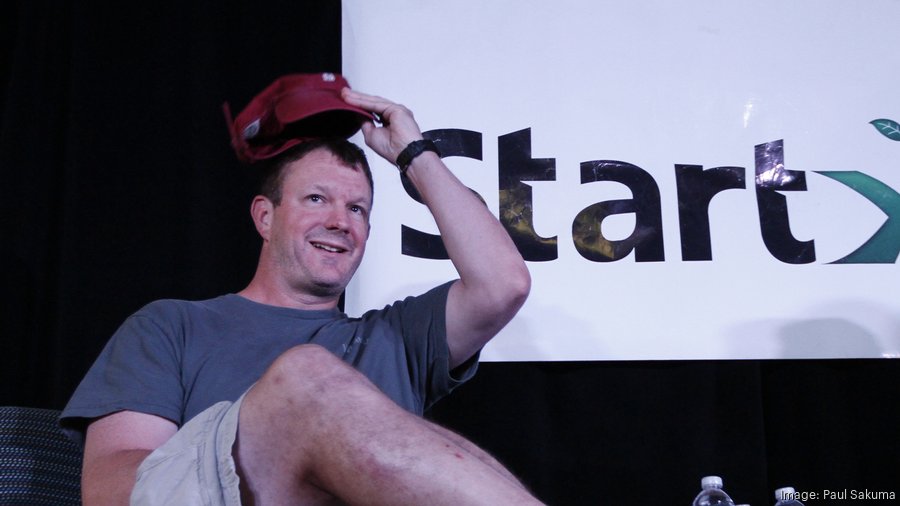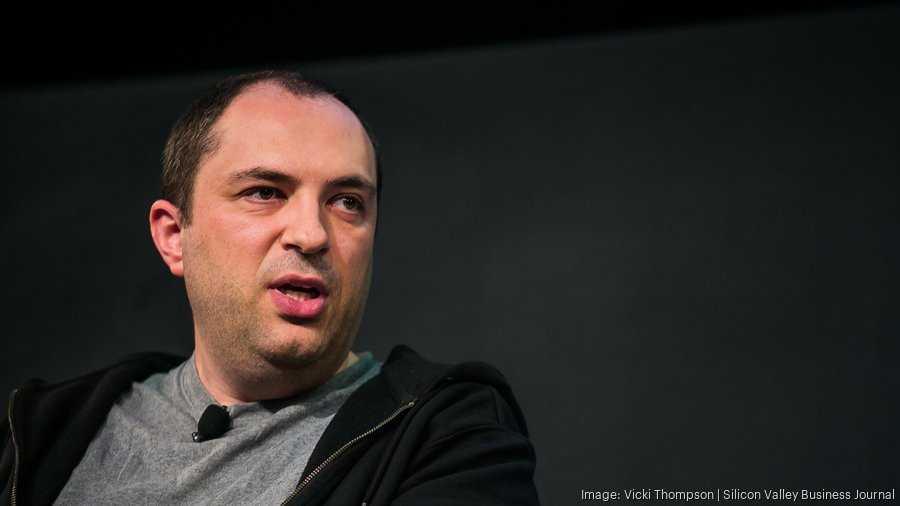The two founders of Mountain View-based WhatsApp were made overnight billionaires in 2014, when they decided to sell their messaging startup to Facebook for $22 billion — the single biggest private buyout of a venture-backed startup in Silicon Valley’s history.
But Jan Koum and Brian Acton have more recently clashed with Facebook CEO Mark Zuckerberg and COO Sheryl Sandberg, and quit the company, leaving hundreds of millions of dollars worth of unvested stock options on the table.
Acton, who quit in November 2017, walked away from $900 million in unvested shares, while Koum, who will exit Facebook in August, will leave $400 million in unvested shares, the Wall Street Journal reports.
Both men had to stay on at Facebook until November 2018 to fully vest their shares.

Fundamentally, WhatsApp and Facebook were founded with wildly divergent philosophies around monetization. WhatsApp valued privacy, and deleted messages from their servers nearly immediately after delivering them.
The company gave the app away for free for the first year, and charged users $1 per year after. There were no ads, a minimal feature set, and people loved it. By 2014, the app had 450 million monthly users, making it bigger than Twitter. It's since grown to 1.5 billion users.
Facebook, meanwhile, became to a multibillion-dollar company on the backs of users who gave up their personal data in exchange for targeted ads.
Zuckerberg reportedly promised Acton and Koum that for as long as they stayed at the company, they’d have a major say in how Facebook monetized WhatsApp. This included a previously-secret clause in their contracts that would accelerate their vesting period if Facebook put “additional monetization initiatives” into the app, the Journal reports.
But with pressure from investors, Zuckerberg and Sandberg repeatedly suggested that WhatsApp profile its users’ behavior and send them targeted ads, the Journal reports. On more than one occasion, Sandberg reportedly pointed to Instagram as a model of founders who didn’t resist Facebook’s ad platform.
In early 2017, Facebook moved WhatsApp’s headquarters from Mountain View to its sprawling campus in Menlo Park. But WhatsApp’s 200 or so employees bristled at their parent company’s corporate environment, and insisted on bringing over their own desks, which were larger than the desks issued to every other Facebook employee. WhatsApp employees also negotiated for better bathrooms, and put signs up around their workspaces, asking people to be quiet, the Journal reports.
The philosophical divide between the two companies was perfectly captured in March, as Facebook grappled with the Cambridge Analytica scandal. Acton — who had quit the company just five months before — tweeted: “It is time. #deletefacebook.”
